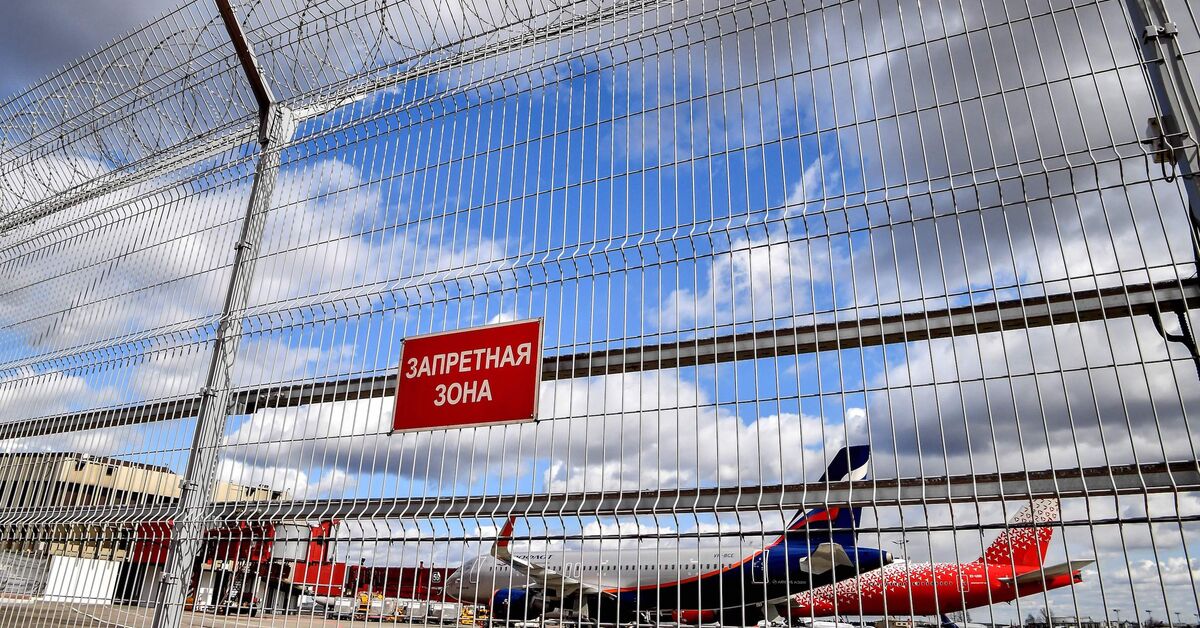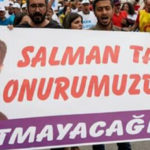A delegation of senior Turkish officials failed to persuade Russia to lift a one-and-a-half-month ban on flights to Turkey that was instituted by Moscow at the end of May amid a surge in COVID-19 cases. The move dealt a major blow to Turkey’s faltering tourism industry, which in normal times accounts for around 12% of its GDP. Russians are among the top visitors, with around half a million of them traveling to Turkey in the first quarter of this year. But the total number of tourists dropped by 54% year on year.
Turkish President Recep Tayyip Erdogan dispatched Ibrahim Kalin, a top adviser, along with Tourism Minister Mehmet Nuri Ersoy to Russia Monday to resolve the issue. But Russia has extended the ban, which was set to ease on June 1, by a further two weeks, Bloomberg reported. Russia’s national career Aeroflot said in a statement that it had stopped sales and canceled all flights to Turkey for June “with the exception of two flights per week permitted by the [COVID-19] task force so as not to inconvenience passengers.”
New coronavirus cases have according to official data markedly declined since a three-week lockdown ended May 18 was imposed.
The extension of the flight ban has spurred speculation that Russia is signaling its displeasure to Turkey over its strong support for Ukraine over Russia’s 2014 annexation of Crimea and the Donbass, where Russian-backed militias are battling Ukrainian government forces.
Turkey’s deepening military cooperation with Ukraine, including the sale of armed drones that helped Ankara tip the balance in favor of its allies in conflicts in Libya and Azerbaijan, has also raised Moscow’s hackles. But Western diplomats say the drones will have little if any impact at all on Russia, which recently massed its forces along Ukraine’s eastern border. Besides, Ukraine has zero appetite for provoking a military confrontation with Russia.
The purchase is more about greasing relations for Turkey, whose diplomatic support as a major Black Sea power is key.
Erdogan is scheduled to meet with US President Joe Biden on the sidelines of a June 14 NATO summit in what will be their first face-to-face encounter since Biden took office. He is expected to push Erdogan to get rid of its Russian-made S-400 missiles, which are at the core of fraying ties between the NATO allies. Might Putin be waiting for the outcome of that meeting before resuming flights? That’s the other theory.
Samuel Ramani, a doctoral candidate in international relations at Saint Anthony’s College, Oxford University, who closely tracks Russia, the Middle East and Turkey, dismisses talk of a rift between Turkey and Russia. “I don’t think that there is any particular area of tension between Russia and Turkey that is causing the prolonged flight ban,” he told Al-Monitor. “There are similar delays that are being resolved between Russia and Egypt over tourism too.”
“The overall context of the Russia-Turkey relationship is positive at the moment. There is growing cooperation on COVID-19 and also Turkey might be looking to secure [Russian] fighter jets. Tatyana Golikova, Russia’s deputy prime minister, emphasized that Russia and Turkey are working together in order to achieve safe tourism. So, this is likely a procedural delay inspired by an abundance of caution rather than a sign of weakening bilateral relations like the 2015 jet shoot-down crisis,” he added.
Ramani was referring to Turkey’s downing of a Russian air force jet over Syria in November 2015. The incident sent relations into a tailspin with Russia blocking tourism flights to Turkey and threatening to present evidence to the United Nations to support claims that Ankara had helped the Islamic State sell oil.
Kalin sought to put a positive spin on Monday’s talks. He said the sides had reached an agreement for bringing Russia’s Sputnik V vaccine to Turkey “as soon as possible as well as on steps to be taken for the tourism season, the starting of flights and speeding up the process.” Unnamed Turkish officials cited by Bloomberg said that a Russian delegation would be traveling to Turkey soon for further deliberations on the vaccine. Turkey said it had reached an agreement with Russia to acquire 50 million doses of the Sputnik V vaccine.
Meanwhile, Turkish Health Minister Fahrettin Koca announced that Turkey had struck a deal with German pharmaceutical company BioNTech to acquire 90 million vaccine doses. Turkey is also to receive 10 million doses of China’s Sinovac. Koca claimed that herd immunity could be achieved by July. Erdogan said Turkey had brought the infection under control “to a great extent” after lockdowns and restrictions during the Muslim fasting month of Ramadan.
On Monday Turkey confirmed 10,174 new cases, down from an April 16 peak of 63,082.
Around 13% of Turkey’s 82 million-strong population has been fully vaccinated. Critics say the decline in cases would have been far steeper had the government not exempted manufacturing and construction workers from the lockdown restrictions.
By: Amberin Zaman
Source: Al-Monitor



